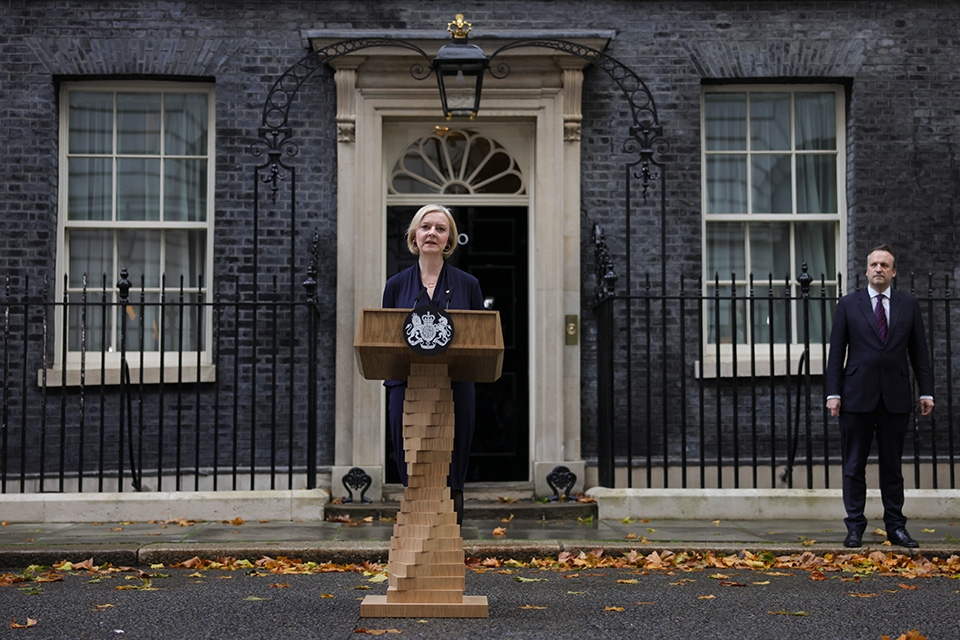Transport Strikes (Minimum Service Levels) Bill
The government is today (20 October 2022) introducing the Transport Strikes (Minimum Service Levels) Bill. This meets the Prime Minister’s commitment to introduce this bill within her first 30 days of Parliament sitting and delivers on a commitment in the 2019 Conservative Party manifesto.
The bill paves the way for the introduction of minimum levels of service on transport services, like those already seen in other countries including France and Spain. The bill will ensure that specified transport services – which could include, for example, rail, tubes and buses – will not completely shut down when unions impose strikes.
This bill will balance the right to strike with ensuring commuters can get to their place of work and people can continue to make vital journeys to access education and healthcare during strikes. The bill sets out the legal framework for establishing minimum service levels. It will allow relevant employers and trade unions to negotiate and reach agreement between themselves on minimum service levels referred to as minimum service agreements (MSAs), provide for circumstances in which the MSA can be changed and include enforcement arrangements to ensure parties follow due process in their negotiations.
The bill also provides for an independent determination process should employers and unions fail to reach agreement on an appropriate minimum service level after 3 months, whereby if an agreement has not been reached the Central Arbitration Committee will determine the minimum service level.
The bill also includes a power for the Secretary of State to set interim minimum service levels by regulations which will apply where neither an MSA has been agreed nor an independent determination reached. These regulations will also be consulted upon and will need to be agreed by both Houses of Parliament before they are made.
Under the bill there will also have to be a minimum 3-month gap between these regulations being made and their coming into force. The specific details of how minimum service levels would apply to transport services will be set out in secondary legislation following appropriate consultation. A minimum service level would only be applied to an individual transport service once that secondary legislation has been agreed by Parliament.
The provisions of the bill extend and apply to England, Wales and Scotland. The bill’s provisions relate to the reserved matter of employment rights and duties and industrial relations, and the subject matter of the Trade Union and Labour Relations (Consolidation) Act 1992, and do not engage the legislative consent process.


